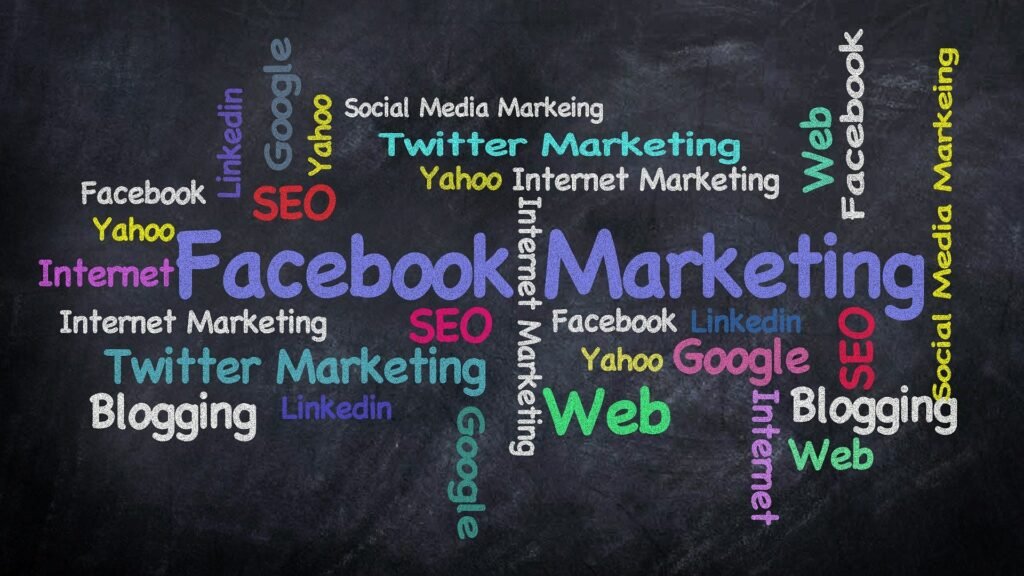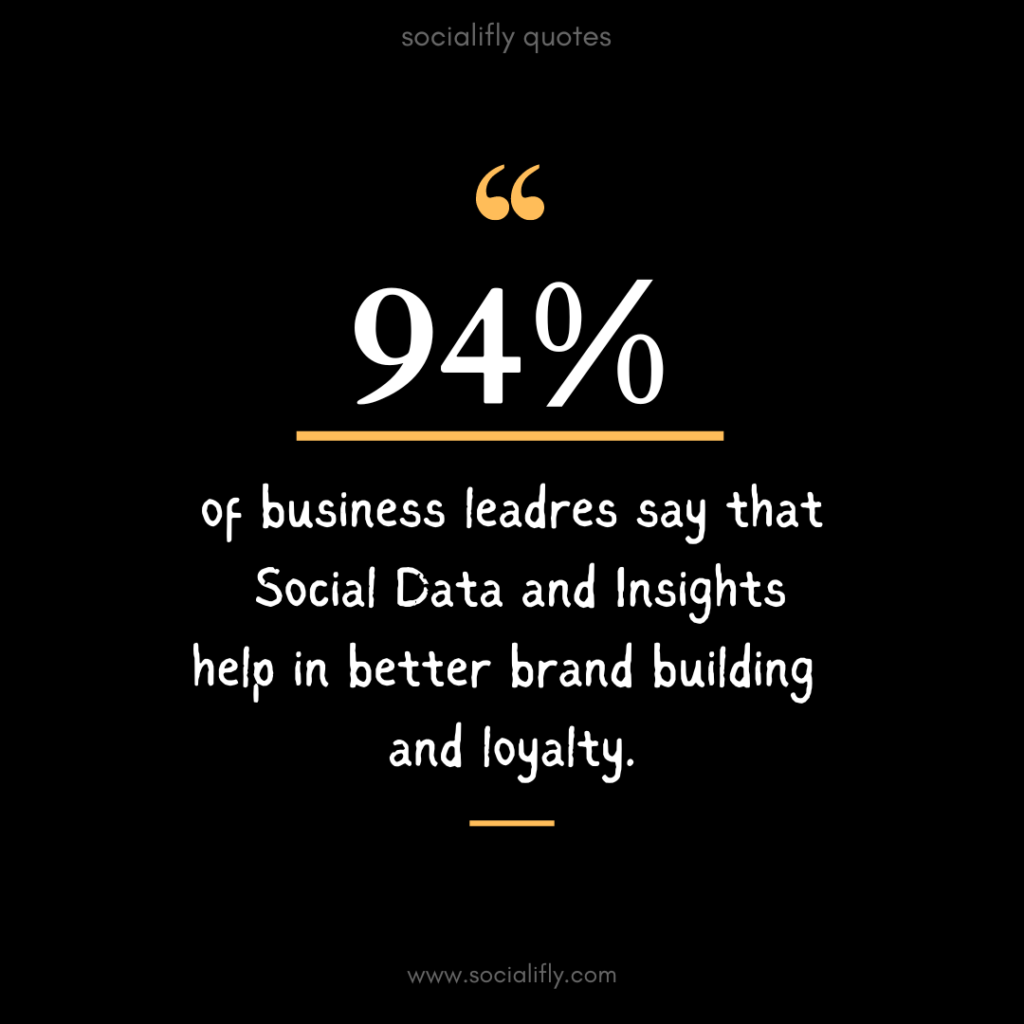Social Media Marketing for Small Business is a very powerful way to reach potential customers and gain success. In the era of Digital Communication, Social Media has opened up a completely new doorway for marketing your business. Over 4.8 billion people are active on social media, so why not use this tool to promote your brand globally?
But the issue with small businesses, unlike big companies, is that they don’t have the luxury of a dedicated marketing team, resources, or time. You just can’t invest money and hope for the best; you need to have a strategy and be smart with the marketing.

Table of Contents
Introduction
Let’s get the basics first: what exactly does social media marketing help the business gain? Social media marketing for small business provides the ability to reach your potential customers and learn about how they interact with each other and your brand. So it’s a way to connect with the customers and build trust.
We’ll explore the most effective ways of using social media marketing for small businesses, a smart but cost-effective way to do business, how to measure ROI, and how to select the best platform for your brand.
Why Social Media Marketing Matters for Small Business
The Evolution of Consumer Behaviour
Remember the good old days when window shopping was the go-to hobby? Well, fast forward to today, where our window-shopping escapades have moved online. People are practically living on their screens, and guess what? That’s where you need to be, too.
The Role of Social Media Marketing
As we discussed, there are about 4 billion people on social media; similarly, according to Forbes 77% of small to midsize businesses use social media to market themselves, and around 50% post once a day.
Benefits of Social Media Marketing for Small Business
Enhanced Brand Visibility and Awareness
The increasing use of digital content has helped the business get into the lives of customers; which has helped increase brand awareness. This can translate into more followers for your brand.
Fun Fact: 71% of consumers who have had a good social media service experience with a brand are likely to recommend it.

Building Customer Relationships and Loyalty
As the visibility of the brand increases, you get the chance to interact directly or indirectly with your customers. You can do this by interacting with them on your posts and answering their questions. The bigger and more engaged your audience, the easier it is to achieve your marketing goal.
Cost-Effective Social Media Marketing
Who said to market your business on social media you have burn a lot of money and generate leads? If you want to reach the audience organically it will cost you your time or you can use paid ads on various platforms which are very cost effective. You can set your budget as low as $1.00/day on add. So for small business this marketing strategy is very useful to start with.
Choosing the Right Platforms
See, it’s not like you have to conquer the entire kingdom available on social media; choosing the right platform is very important when using social media marketing for small businesses. If you go all in, it can be very bad for the brand you’re building. So how do you choose the right platform for the business you are marketing? Here is the detailed article on The Best Social Media Platform for Small Business Marketing.
Content Creation and Effective Scheduling
Once you have found the right platform for marketing, now is the time to connect with your audience. To do so, you have to be very good at creating. So the content that is best received by the social media audience offers the best value and can gain success. Not just creating the content will gain success, but posting the content at the right time when your audience is active will even get more interactions with the post.
Create a social media calendar and populate it with all your social media posts, articles, videos, webinars etc. This will help you in scheduling these posts time to time and you will not get confused and what to post and where to post. There are some tips that can help you with Content Creation and Effective Scheduling.
- Plan your content in advance.
- The type of content you will be posting (e.g. blog post, image, video, info graphic, etc.).
- The date and time you will be posting. (Use some automation tools to schedule your posts).
- The social platform you will be posting to.
- A link to content if applicable.
- Some promotional offer with its brief description with the post if required.
- Repurpose, repost and recycle.
Social Advertising and Promotions
As we have our platform finalized and our content ready, the question is how to advertise the content so that it will improve lead generation, boost conversions, and increase sales. There are two types of advertising methods we can use: Organic and Paid.
Organic Social Media Marketing
Marketing is a way to take advantage of elements of social media platforms like sharing posts, communicating with users, and checking the analytics for the post or video to see how and where it is performing. This way of advertising is good to start with, but it may consume your time to generate maximum leads and convert them.
Paid Social Media Marketing
Includes sponsored or paid advertising to reach out to your audience. Sometimes it’s harder to grow organically and spend time generating leads. A paid campaign can help reach the right audience in the specific area, age group, and way they interact with similar brands. You can start with as little as $1 per day ad campaign and reach around 1,000 to 10,000 people in your selected group.
Budgeting the Marketing Campaign
It’s very hard to define a fixed budget for marketing on social media platforms. To get success on social media marketing for small business We suggest checking the analytics on the ads, how your posts are performing, and then deciding how much budget you can assign to each campaign you run. According to studies, companies tend to spend around 15% to 20% of their digital marketing budget on social media marketing. But you should always adjust your spending according to your ROI.
Measuring Success and Analytics
One of the most important aspects of Social Media Marketing is ensuring that your efforts are really paying off and helping you meet your goals. This can be achieved by measuring the metrics of your content posted on social media platforms.
Here are some key metrics that you need to measure to ensure your success in social media marketing for small business.
- Engagement: This includes clicks, likes, comments and replies on the posts.
- Reach: This includes the number of people who have seen the content that is connected with your brand profile.
- Followers: These are the number of people who follow your brand and interact with you regularly.
- Impressions: This has been a key point these days, as these define whether the content reached the audience or not.
- Video Views: Platforms like YouTube, Instagram, Facebook and TikTok measure your success by the number of views your video has received.
- Tags: The number of people who add your brand’s name to a post or comment using a hashtag, mention your brand name, etc.
- Shares: These are the posts your followers share with the other platforms or the connections they have.
Staying Updated with Trends and Innovations
As social media is evolving constantly, with new platforms and new trends, you need to always be updated on these trends. Let’s be frank, it’s very hard to be updated daily with the new updates going on in the world, as you can’t go and search all the trends. Here are some tips that can help you keep up with the latest trends in the world.
- Use tools like Google trends which help you keep updated daily
- Use Twitter and follow the popular hashtags
- See what’s trending on Instagram’s Explore tabs and feeds
- Join major groups on LinkedIn.
- Subscribe to social media blogs.
- Listen to podcasts.
Over to you now
Social media has become a crucial part of marketing your small business. Small businesses have the leverage to promote their brand worldwide, engage with the audience, understand what their audience requires, and work accordingly.
So, summing up Small Business Success: Social Media Marketing Guide, here are some key takeaways: Cost-effective, more exposure, brand visibility, engagement with customers, and increased sales. What do you think is the best platform for your brand, and why? We would really like to hear it from you.
